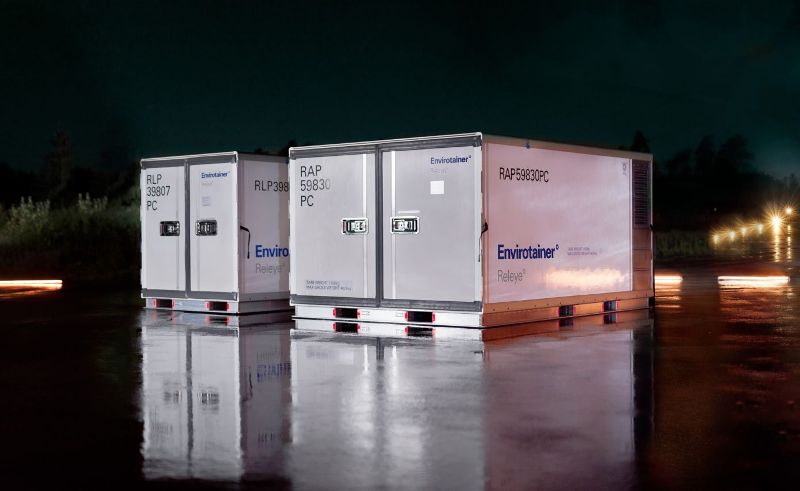Envirotainer commits to supply chain emissions targets
19 / 02 / 2024

Source: Envirotainer
Pharma ULD firm Envirotainer has set targets to cut its supply chain emissions and submitted these to the Science Based Targets initiative (SBTi) for validation.
The specialist in temperature-sensitive pharmaceutical shipments aims to reduce emissions from both direct operations and its entire supply chain.
David Simonsson, chief executive of Envirotainer, said: “Sustainability is woven into everything we do. We understand that real change comes from taking full responsibility for our environmental impact, which is why we’re the first amongst our competitors to commit to such a substantial reduction in Scope 3 emissions, the most significant and challenging area.
“Aligning with our pharmaceutical customers’ priorities, we’re sparking change across our industry and we eagerly await the target validation from SBTi.”
The company said its plan adheres to the Paris Agreement goal set by parties at the UN Climate Change Conference (COP21) in 2015 to limit the temperature increase to 1.5°C above pre-industrial levels.
By 2030 Envirotainer aims for a 42% reduction in its direct (Scope 1) and indirect (Scope 2) greenhouse gas (GHG) emissions, from a 2023 base year. The company is reducing these emissions through energy-efficient measures at its production site and own network stations, such as undertaking energy retrofits and upgrading equipment.
Additionally, the company’s production is powered entirely by 100% renewable energy sourced directly from suppliers.
This target also takes into account the complex nature of air cargo transport, particularly in managing the repositioning of empty containers. Envirotainer said its strategy for one-way container leases significantly reduces the need to transport empty containers back, making operations more efficient and less carbon-intensive.
For the wider emissions from its supply chain (Scope 3), Envirotainer targets a 52% reduction per value added from purchased goods and upstream transport and a 19.3% reduction per tonne-kilometre airfreight from downstream transport (use phase) by 2030.
To achieve this, the company will focus on its network of 60 third-party managed service stations, integral to the safe and efficient distribution of life-saving medications.
By 2050, Envirotainer aims to achieve a net-zero status across all its activities and those of its suppliers and partners.
Simonsson added: “Our sustainability journey is an ongoing and deeply collaborative process. Setting ambitious targets is just the start. We’re constantly refining how we measure our impact to ensure our approach is as effective as possible.
“More than just leading by example, we’re actively working with our partners across the industry to share knowledge, drive change and collectively move towards a sustainable future.”














